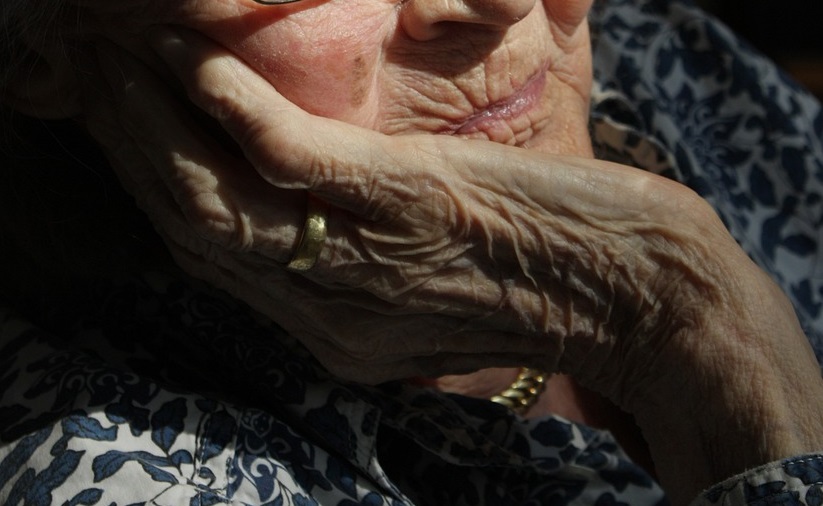As our loved ones age, their well-being becomes a primary concern. When the need arises for nursing home or long-term care, we entrust these facilities with the responsibility of providing a safe and nurturing environment. However, instances of nursing home abuse and neglect are a grave reality that demand our attention. To ensure the safety and dignity of our elderly relatives, it is crucial to be aware of the top signs that may indicate abuse or neglect within nursing homes.
1. Physical Injuries
One of the most obvious signs of nursing home abuse is the presence of unexplained physical injuries. Bruises, burns, fractures, or wounds may be an indication of physical abuse or negligence. Careful observation and communication with your loved one can help identify the cause behind these injuries, as accidents can also occur.
2. Emotional and Behavioral Changes
Abuse doesn’t always leave visible marks. Emotional and behavioral changes in nursing home residents may indicate psychological abuse. Signs such as withdrawal, anxiety, depression, fearfulness, agitation, or sudden changes in personality warrant close attention. Unexplained weight loss, signs of malnutrition, and/or dehydration can also be an indication of neglect or abuse.
3. Poor Hygiene and Unsuitable Living Conditions
Neglect can manifest in the form of poor hygiene and inadequate living conditions. Pay attention to signs such as unwashed hair, dirty clothing, or foul odors that may indicate a lack of personal care. Additionally, unclean or unsanitary living spaces, including dirty bed sheets, unkempt rooms, or pest infestations, should raise concerns about the quality of care provided.
4. Medication Mismanagement
Proper medication management is critical for the health and well-being of nursing home residents. Look for signs of medication mismanagement, such as missed doses, over medication, or unexplained changes in medication routines. Failure to administer medications as prescribed may have serious consequences for residents’ health.
5. Social Isolation and Restrained Communication
Abusers often try to isolate their victims to maintain control. Pay attention to your loved one’s social interactions within the nursing home environment. If they appear socially isolated, hesitant to communicate, or express a fear of staff members, it may be an indication of abuse or neglect. Restricted access to visitors or phone calls can also be a red flag.
6. Financial Exploitation
Sadly, financial exploitation can occur in nursing homes. Keep an eye out for unexplained withdrawals or transfers of funds, changes in financial documents, missing personal belongings, or sudden changes in a resident’s financial situation. These signs may point towards manipulation or theft by staff members or fellow residents.
7. Lack of Staff Availability and High Staff Turnover
Insufficient staffing levels can contribute to neglect and abuse. If you notice a lack of staff availability or frequent changes in caregivers, it could indicate an inadequate ratio of staff to residents. Overworked and stressed staff members may be more prone to negligence, compromising the care provided.
Protecting our loved ones from nursing home abuse and neglect requires vigilance and awareness. By being knowledgeable about the signs and symptoms, we can take proactive steps to ensure their safety and well-being. Effective communication, regular visits, and maintaining a strong support network are essential in advocating for the elderly.
If you believe a loved one has suffered nursing home abuse or neglect in Indiana, it is crucial to consult with an experienced personal injury attorney. The process of pursuing a nursing home abuse case is quite different than other injury or death claim as it is covered by the Medical Malpractice Act in Indiana. As such, having a knowledgeable attorney by your side can provide support and increase the likelihood of a favorable outcome.
Contact Hurst Limontes today to discuss your options. We have decades of combined experience fighting for our clients in any number of personal injury claims. We work on a contingency basis, meaning there is no cost to you unless we reach a settlement or jury verdict award on your behalf.
Call 317-636-0808 or email us for a FREE and confidential consultation.





